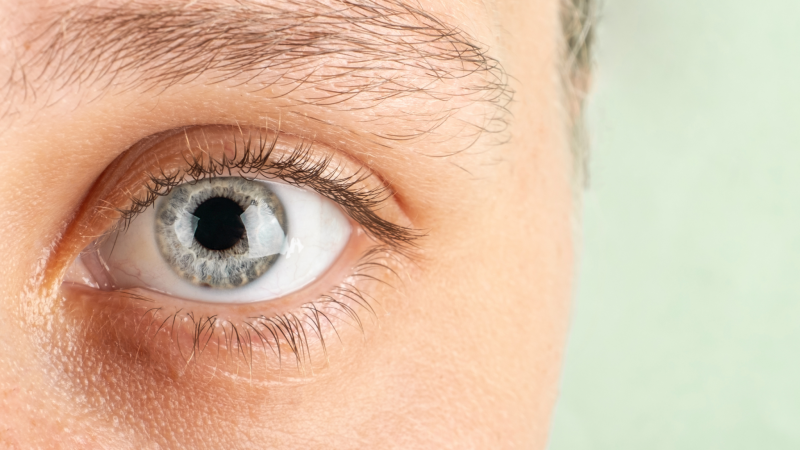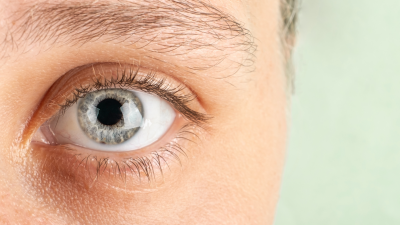Many people resort to wearing corrective glasses to fix vision problems in the eye, such as hyperopia, myopia, or astigmatism, among others. Some may notice that while everything appears completely clear, after a few weeks of wearing glasses, things seem more blurred without them compared to how their vision was before the eye test. Some may incorrectly interpret this as the glasses making their vision worse. The fear of this may make them less likely to wear their glasses. However, what they observe is how improved the appearance of the world is through the glasses. They become less tolerant of the blurry world when they remove the glasses. Here are some things you might notice regarding vision and wearing glasses.
**Lazy Eyes**
Some people feel an increasing reliance on glasses and wonder if their eyes have become "lazy." Experts explain that our eyes work in the same way a camera with autofocus does. A flexible lens inside each eye is controlled by muscles, allowing us to focus on distant objects by relaxing the muscles to flatten the lens. When the muscle contracts, it makes the lens steeper and stronger for seeing things closer to us (such as a text message). Starting around the age of 40, the lens of the eye gradually hardens and loses its ability to change shape. Gradually, we lose the ability to focus on nearby objects. This is called "presbyopia," and currently, there is no cure for lens hardening. Doctors correct this with prescription glasses, which allow for clear vision of nearby images by providing additional refractive power. Once we get used to seeing clearly, our tolerance for blurry vision will be less, and we will resort to glasses to see well again.
**Wrong Glasses**
Wearing old glasses, an incorrect prescription, or even someone else's glasses will not allow you to see well. It can also cause eye strain and headaches. Incorrectly prescribed or distributed glasses can lead to vision impairment in children, as their visual system is still developing. However, it is more common for children to suffer from long-term vision issues as a result of not wearing glasses when they need them. By the time children reach around 10-12 years old, wearing incorrect glasses is unlikely to lead to lazy eyes or long-term vision harm, but it can result in blurry or uncomfortable vision during daily wear.
**Dirty Glasses**
Dirty or scratched glasses can give you the impression that your vision is worse than it actually is. Just like a window, the dirtier your glasses are, the harder it is to see clearly through them. Regularly cleaning your glasses with a microfiber cloth will help. While dirty glasses are not typically associated with eye infections, some research indicates that dirty glasses can harbor bacteria that may potentially cause eye infections. To ensure the best possible vision, those who wear corrective glasses should clean their lenses at least every morning and twice a day as needed. Cleaning frames with alcohol wipes can reduce bacterial contamination by 96%, but care should be taken as alcohol can damage some frames depending on the material they are made from.
**When Should I Get My Eyes Checked?**
Regular eye exams, starting just before school age, are important for eye health. Most prescriptions for corrective glasses expire within two years, and contact lens prescriptions often expire after a year. Therefore, you will need to get your eyes examined every year or so. Children with visual disorders like progressive myopia, strabismus (poor eye alignment), or reduced vision in one eye will need exams at least every year. Similarly, individuals over 65 or those with eye diseases like glaucoma will be advised to have frequent checks. Conditions like diabetes or hypertension can affect the eyes, so regular eye exams can help identify underlying health issues. The vast majority of eye conditions can be treated if detected early, highlighting the importance of regular preventive care.




